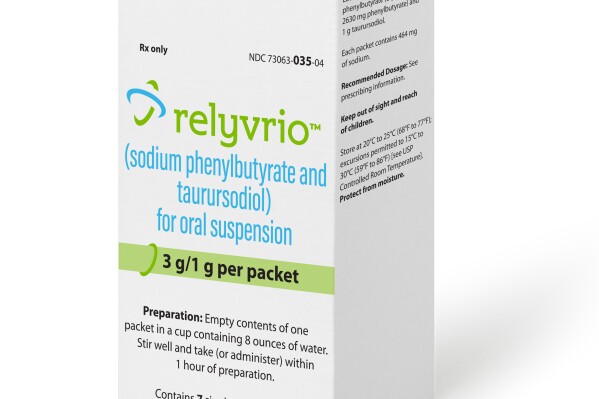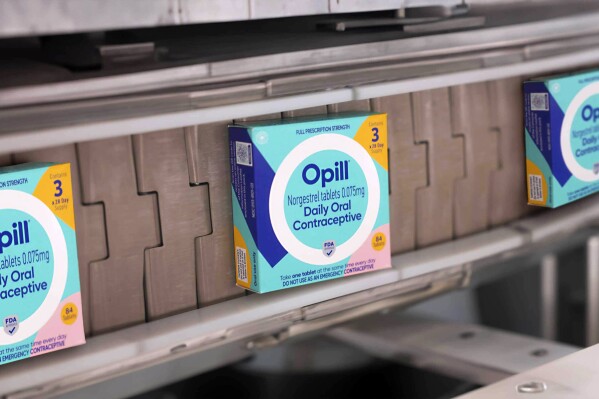FDA will take a deeper look into the safety and effectiveness of Lilly experimental Alzheimer’s drug
INDIANAPOLIS (AP) — Federal regulators put off a decision on whether to approve an Eli Lilly Alzheimer’s drug by making an unusual request to have outside advisers look at the treatment.
Lilly had expected the Food and Drug Administration to decide on donanemab’s approval by the end of the month. But the drugmaker said Friday that the agency now wants more information about its safety and effectiveness.
No date has been set for the advisory committee meeting.
The FDA often asks committees to review drugs that are first in their class of treatments. Donanemab, if approved, would follow Eisai’s Leqembi, which was approved last year, and Biogen’s Aduhelm.
Eli Lilly and Co. Executive Vice President Anne White said in a statement that the Indianapolis-based company remains confident in donanemab’s potential and will work with the FDA.
The company said the agency wants to learn more from a pivotal study Lilly conducted on the drug.
The 18-month, late-stage study showed that patients taking donanemab declined about 22% more slowly in terms of memory and cognitive ability than those who received a dummy infusion. The delay amounted to about four to seven months.



In the study, patients were taken off the drug once their brain plaque reached low levels. Most patients reached that point within a year.
Donanemab is only the second drug that has been convincingly shown to delay the inevitable cognitive decline in patients with Alzheimer’s. The other is Leqembi.
Biogen announced earlier this year that it would stop selling Aduhelm.
The Lilly drug and Leqembi both treat mild or early cases of dementia caused by the fatal disease. The IV drugs target one of Alzheimer’s culprits, sticky amyloid plaque buildup in the brain.
Donanemab, like Leqembi, comes with serious side effects that include brain swelling and bleeding. Those are common to all plaque-targeting drugs and require close monitoring.
About a quarter of donanemab recipients showed evidence of that swelling, and about 20% had microbleeds.
___
Perrone reported from Washington, D.C.
___
The Associated Press Health and Science Department receives support from the Howard Hughes Medical Institute’s Science and Educational Media Group and the Robert Wood Johnson Foundation. The AP is solely responsible for all content.
Disclaimer: The copyright of this article belongs to the original author. Reposting this article is solely for the purpose of information dissemination and does not constitute any investment advice. If there is any infringement, please contact us immediately. We will make corrections or deletions as necessary. Thank you.






